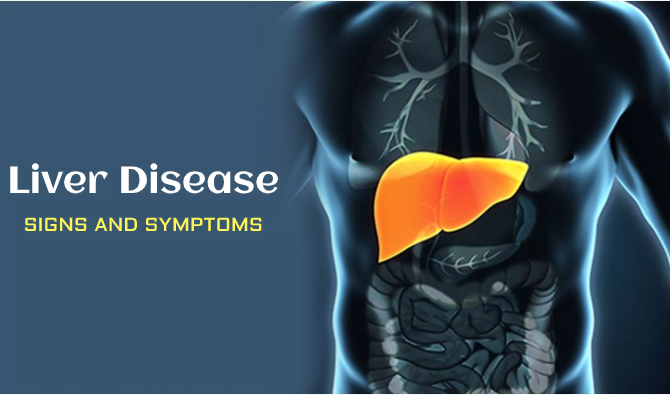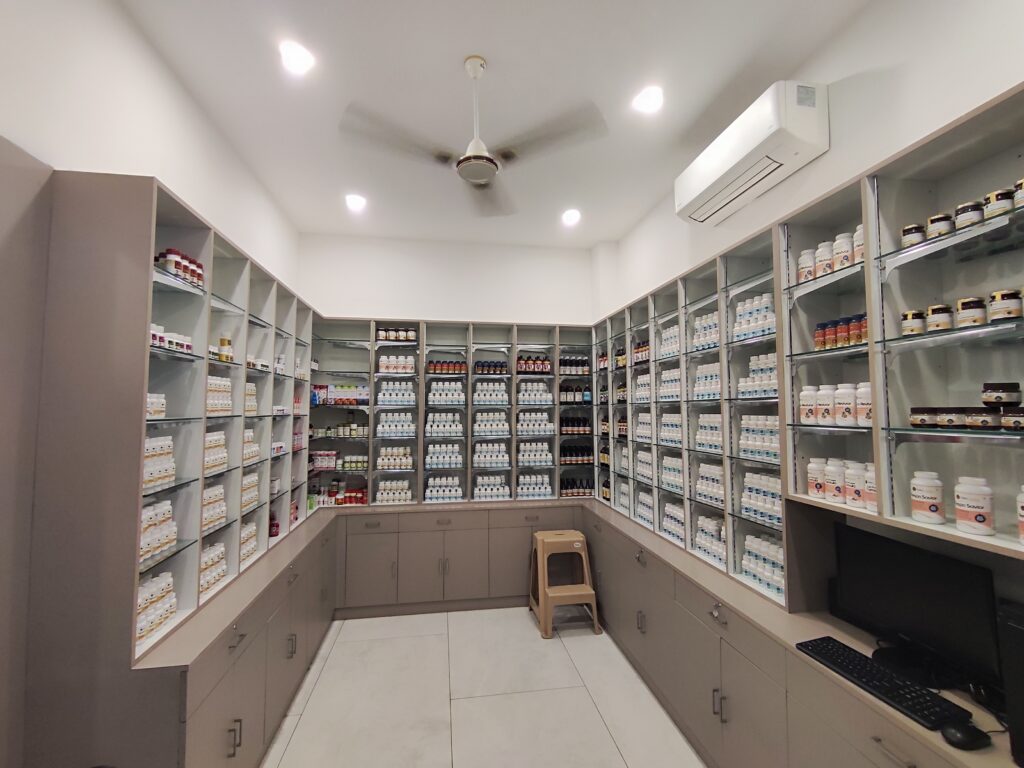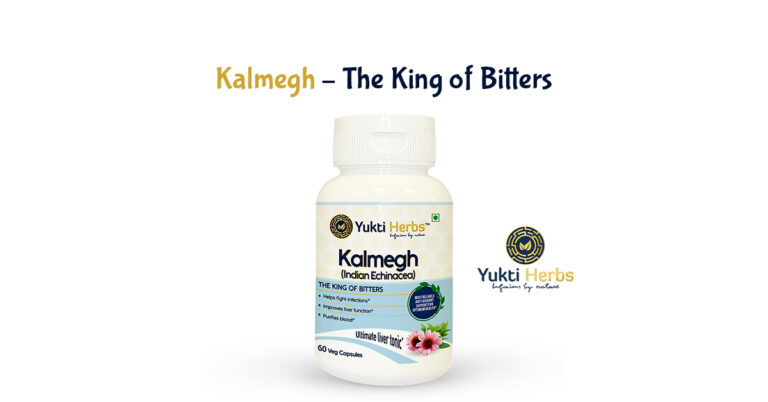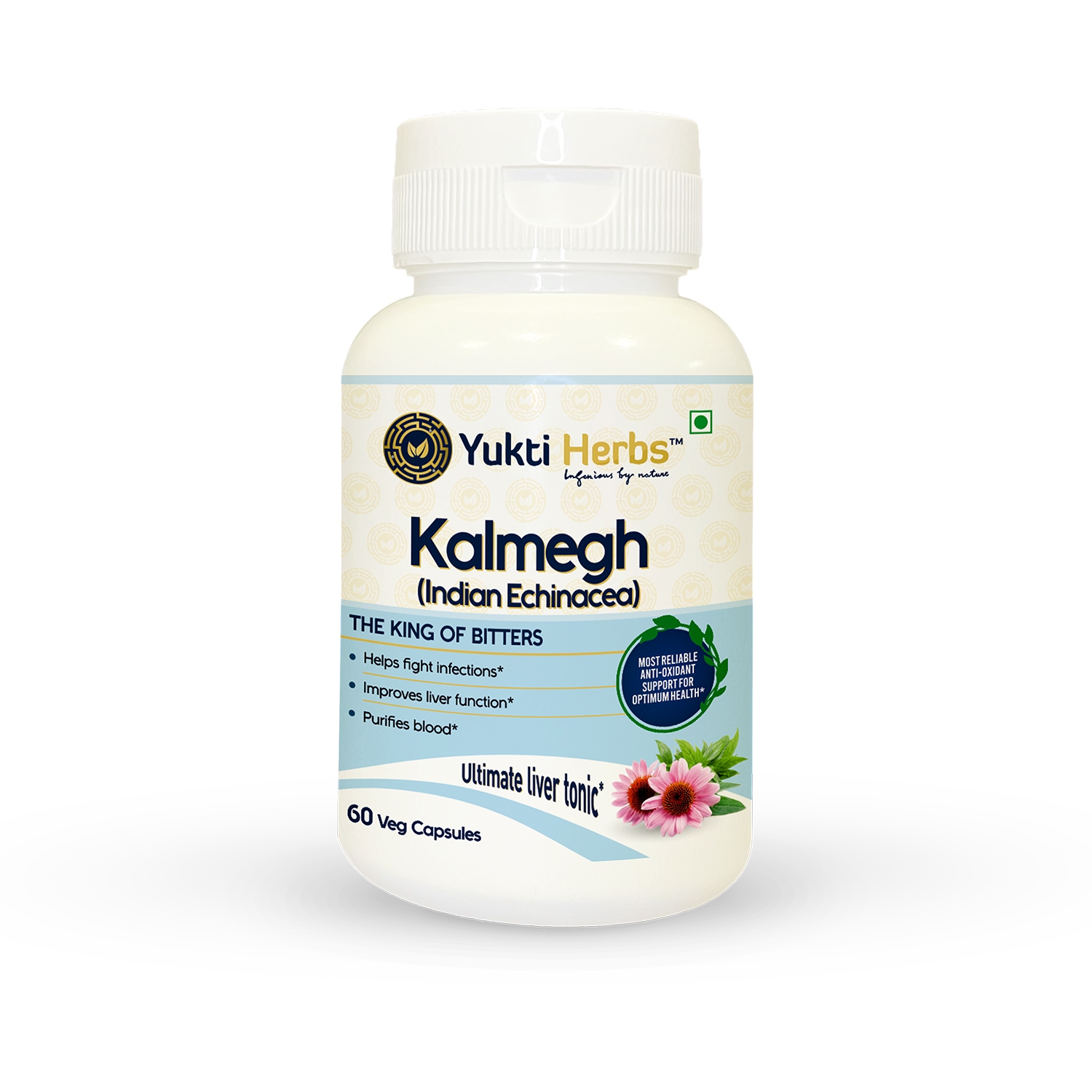Introduction
Kalmegh is a widely used medicinal herb in Ayurveda owing to its proven therapeutic value, especially as an excellent liver tonic. The herb has the ability to promote optimum health and overall well-being due to its numerous curative properties. It can strengthen the immune system and support the body in fighting infections, predominantly upper respiratory tract infections.
Kalmegh is a versatile herb that finds a special mention in ancient Ayurvedic texts because of its anti-inflammatory and immunostimulatory actions. Along with the Ayurvedic medicine system, Kalmegh has also been used extensively in the Siddha, Unani, Homeopathic, and Chinese medicine systems. The herb has a time-tested capacity to fight frequent colds, manage fever, promote digestion, detoxify the body, and purify the blood.
The organs which can specifically benefit from the regular use of Kalmegh supplement are:
- Liver
- Stomach
- Intestines
- Skin
- Gall Bladder
At Yukti Herbs, the best quality of Kalmegh is available in a packing of 60 capsules, which means 1 full month of supply!!
Kalmegh Synonyms
The scientific name of Kalmegh is Andrographis paniculata. It is an annual herbaceous plant commonly called Green Chiretta (Hara chiretta). It belongs to the Acanthaceae family.
In English, Kalmegh is known as the Creator King of Bitters. In the Thai language, the plant is called Fah Talai Jone.
The Sanskrit synonyms of the herb are Kalpanath, Bhunimba, Shankini, Mahatikta, Yavatikta, and Yavakharaphala.
Some of the vernacular names of Kalmegh in India are:
- Kalamegh
- Kalamegha
- Kalamage
- Kirayat
- Kariyathu
- Kiriath
- Bhooinimo
- Nelavepu
- Nilavaepu
- Nelavemu
- Mahatita.
Kalmegh Habitat
Kalmegh is a widely cultivated plant in tropical Asian countries, with India and Sri Lanka particularly comprising its native habitat. Other than these two countries, Kalmegh also grows in Thailand, Java, Philippines, Singapore, Malaysia, Indonesia, Hong Kong, the West Indies, North America, South America, and Africa.
The most suitable regions for Kalmegh in India include the plains of Uttar Pradesh, Bihar, Madhya Pradesh, Odisha, West Bengal, Assam, Arunachal Pradesh, Karnataka, Kerala, and Tamil Nadu.
Kalmegh thrives in hot and humid climatic conditions, with plenty of sunshine. It can grow in a variety of soils – including loamy soils and moderately fertile lateritic soils – in the plains, hillsides, roadsides, and coastlines. It can also be cultivated in farms and shady wastelands.
Kalmegh Parts used
Almost all the parts of Kalmegh are used for medicinal purposes because of the plant’s ability to manage diverse disorders. However, the parts of Kalmegh which have immense therapeutic value, as per traditional medicine systems, are:
- Leaves
- Aerial parts
- Roots.
According to ancient texts, these parts of the Kalmegh plant are extremely beneficial for treating various ailments, including intermittent fevers, pyrexia, inflammation, and stomach pain.
Kalmegh Medical Properties
Kalmegh has been described as the ultimate liver stimulant in the Ayurvedic medicine system. Some of the key medical properties of the herb can be listed as follows:
- Antioxidant
- Anti-inflammatory
- Hepato-renal protective
- Analgesic
- Anti-viral
- Anti-HIV
- Anti-microbial
- Anti-bacterial
- Anti-ulcer
- Anti-allergic
- Anti-parasitic
- Immunomodulatory
- Anti-diabetic
- Anti-angiogenic
- Anti-infective
- Blood-purifying
- Liver enzymes modulation
- Sexual function modulation.
The above-mentioned medical properties of Kalmegh are attributable to the presence of several chemical components and their remedial actions. The most important chemical components present in Kalmegh are kalmeghin, andrographolide, neoandrographolite, and deoxyandrographlide. In specific, the important constituents of the plant include flavonoids, lactones, diterpenes, terpenoids noriridoides, xanthones, panicoline, paniculide (A, B, and C), polyphenols and trace elements.
Ayurvedic Properties and Effect on Vata, Pitta, Kapha
Ayurvedic texts have described the medicinal properties of Kalmegh as follows:
Rasa (Taste) – Tikta (Bitter)
Guna (Quality) – Laghu (light) and Ruksha (dry)
Virya (Potency) – Ushna (Hot)
Vipaka (Metabolic property, after digestion) – Katu (pungent)
As regards its effect on the body’s three doshas (Vata, Pitta, and Kapha), the Karma (actions) of Kalmegh is ‘Kaphapitta shamaka,’ which means that the herb has the ability to pacify Kapha and Pitta doshas. It aggravates Vata dosha.
Kalmegh Uses and Benefits
Kalmegh has been used in India since ancient times as a traditional medication for managing various health conditions affecting the liver, intestines, and skin. It has the ability to purify the blood by removing toxins, and also prevent damage caused to the liver by free radicals. It can also support the digestive process by improving the digestive fire.
The uses and benefits of Kalmegh particularly include the capability of the herb to manage a wide range of health problems which include:
- Liver disorders
- Skin problems (like eczema, acne etc.)
- Recurrent fevers
- Inflammation
- Digestion-related disorders (like flatulence)
- Gastric ulcer and duodenal ulcer
- Dyspepsia
- Dysentery
- Influenza
- Sinusitis
- Tonsillitis
- Bronchitis
- Hypertension
- Anorexia (loss of appetite)
- Common cold, allergies and infections
- Ulcerative colitis
- High blood pressure
- Malaria
- Cholera
- Cancer
- Diabetes
- Leprosy
- HIV/AIDS
- Infertility
- Rheumatoid arthritis
- Mild/moderate Osteoarthritis.
Kalmegh also apparently has the capability to manage Covid-19 Coronavirus infection. In December 2020, the use of the herb for natural management of Corona was approved by Thailand’s health ministry in a pilot alternative-medicine program.
Kalmegh Dosage
Kalmegh is available in the form of tablets, capsules, powder, and juice. Regular use of Kalmegh supplement can improve the functioning of the liver, support digestion, treat skin problems, and boost immunity.
The recommended dosage of Kalmegh for adults is as follows:
- In tablet or capsule form: 1-2 tablets or capsules twice a day, with plain water.
- In powder form: 1/4 to 1/2 teaspoon of the powder with honey, once or twice a day.
- In juice form: ½ teaspoon of juice mixed in one glass of water, once a day (before meal).
Kalmegh Contraindication
Kalmegh can be used safely for maintaining liver health and managing numerous other disorders. It is advised that children under the age of 14 years, pregnant women, and breastfeeding mothers should not take Kalmegh.
Kalmegh Side Effects
Kalmegh is, by and large, safe Ayurvedic medicine for all adults. There have been no reported side effects when Kalmegh is taken as per the recommended dosage.
Conclusion
Kalmegh is a remarkable Ayurvedic herb with amazing medicinal properties to offer several health benefits. Ayurvedic practitioners recommend the use of Kalmegh supplements for the natural management of a wide array of disorders. In particular, the use of the Kalmegh herb is beneficial for strengthening the immune system, maintaining a healthy liver, curing digestive disorders, treating skin disorders, managing fevers, colds,s, and coughs, and promoting a healthy respiratory tract. The herb can also seemingly provide beneficial results when used as an alternative-medicine treatment for Coronavirus infection.
At Yukti Herbs, the best quality of Kalmegh is available in a packing of 60 vegetarian capsules and each capsule contains 500mg standardized extract, which means proper dosage 1 full month of supply!!
You may order the same through the website – www.yuktiherbs.com or email at yuktiherbs@gmail.com. You may also call or WhatsApp at +91 828-386-5637 and +91 752-786-9388













[…] Kalmegh, also known as Andrographis paniculata, is a powerful herb. Discover the benefits and uses of Kalmegh at Yukti Herbs. Shop Kalmegh […]